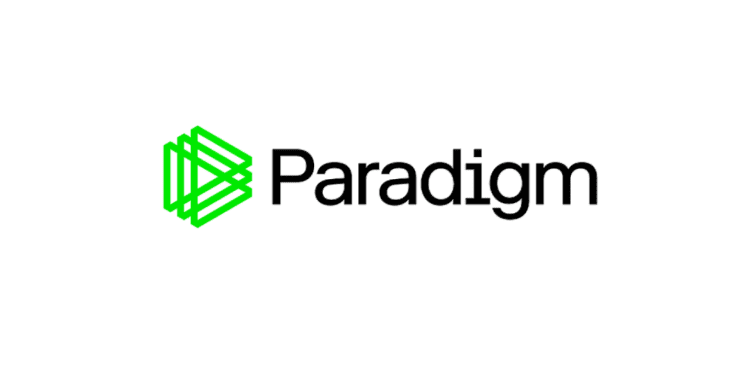- Paradigm argues against the SEC’s plan to redefine the term “Exchange.”
- The SEC intends to add DEXs and DeFi into its Securities Act.
- The SEC has been more aggressive in its approach since the collapse of FTX.
Crypto venture capital firm, Paradigm, has gone after the United States Securities and Exchange Commission, slamming their attempts to redefine the label “Exchange”; the new definition, if accepted, would bring decentralized exchanges under the SEC’s influence.
On Thursday, June 8, Paradigm sent a lengthy 14-page letter to the secretary for the Securities and Exchange Commission, Vanessa Countryman, regarding the regulator’s proposed intentions to redefine “exchange” in the 1934 Securities Exchange Act.
The Securities and Exchange Commission plans to revise the 89-year-old legislation to include decentralized exchanges (DEXes) and decentralized finance (DeFi) into the redefinition of the word exchange. Because the word DEX has exchange in it, the SEC plans to treat it in the same manner, it treats securities and stock exchange.
The crypto venture capital firm is, however, arguing that there is a fundamental difference between DEXs and exchanges, which makes treating them in the same manner as exchanges under the Securities Exchange Act invalid and incoherent.
Paradigm believes that the Securities and Exchange Commission is going after DEXs after suing Coinbase for failing to register as a securities exchange when it was incapable of doing so. The Securities and Exchange Commission is forcing DEXs to make the same choice.
The legal counsel for the crypto venture, Rodrigo Seira, commented that the haphazard rule-making the SEC is going through is their inappropriate attempt at bringing crypto trading platforms with the inclusion of DEXs under its remit and regulating them as securities exchanges.
In March 2022, the Securities and Exchange Commission proposed changes to the securities act to include systems that offer the use of non-firm trading interests and communication protocols to bring together buyers and sellers of securities and, in other words, any platform that has services that facilitate digital asset exchange or swaps.
The platform added in their argument that decentralized exchanges neither serve as intermediaries nor have an organization association or a group of persons in charge of maintaining the exchange; DEXs instead use market-making algorithms to balance pools of crypto assets that potential buyers or sellers can access freely.
In addition, Decentralized exchanges run on self-executing codes and smart contracts, not groups of people or an organization.
The SEC has been on a roll this week by throwing twin lawsuits against two major crypto exchanges, Coinbase and Binance, and it is not surprising that they are now going after DEXs. According to Cointelegraph, the SEC enforcement action on exchanges has surged since the collapse of FTX.
Conclusion
The SEC also now classifies at least 67 digital assets as securities. Congress still needs to pass official legislation on the crypto markets to make it legal for them to be classified as securities.














